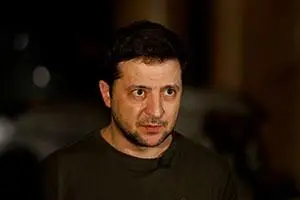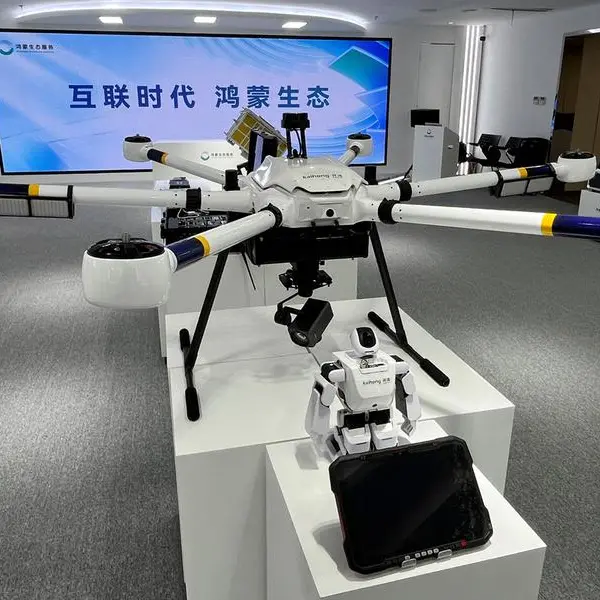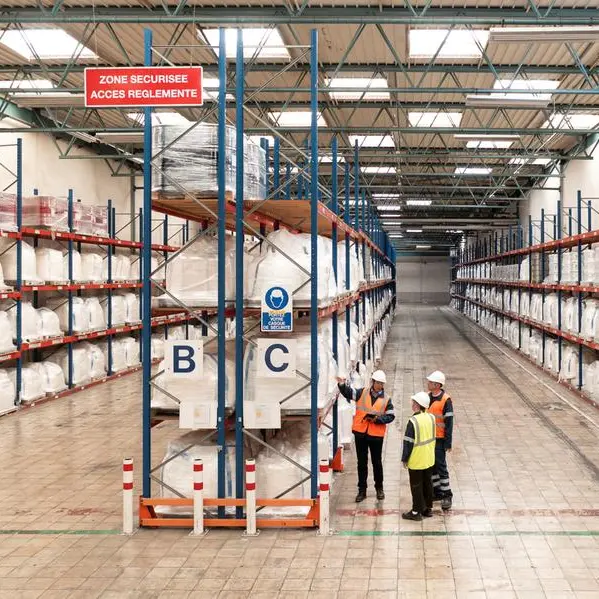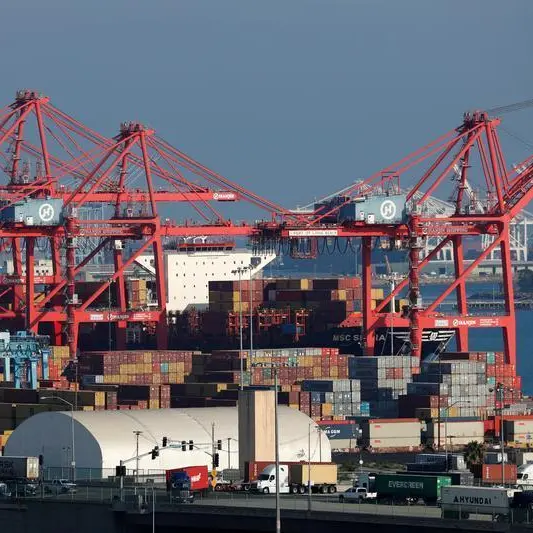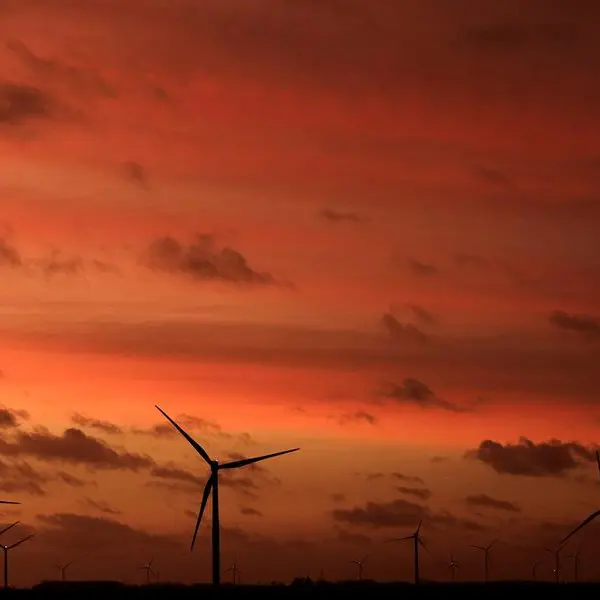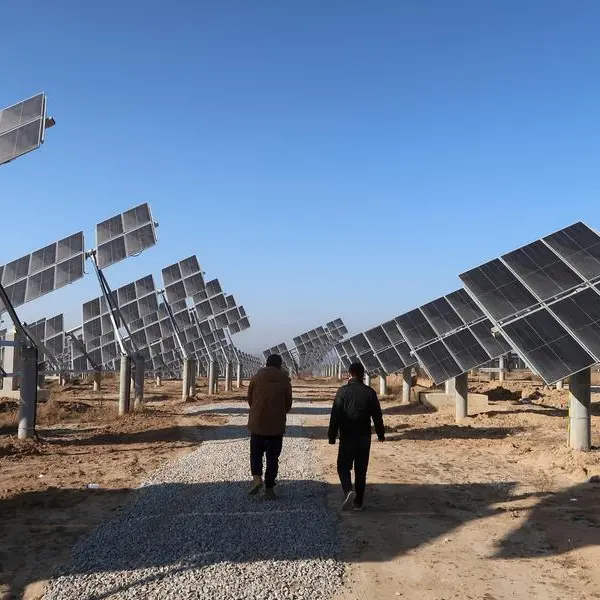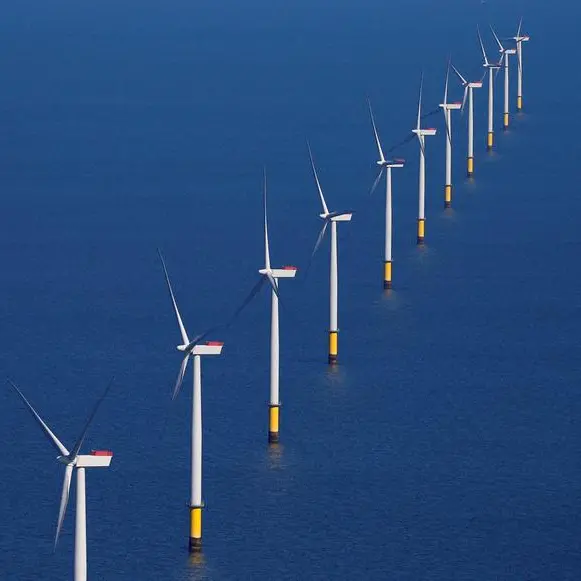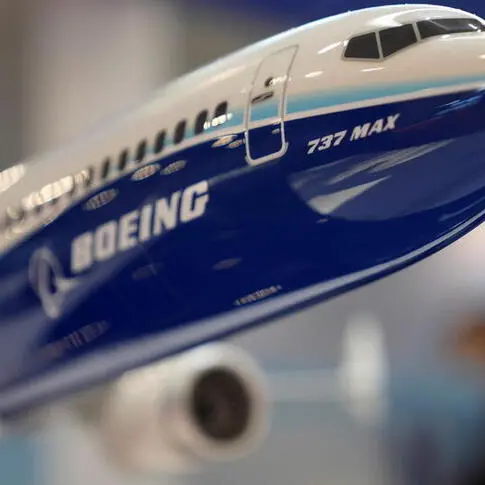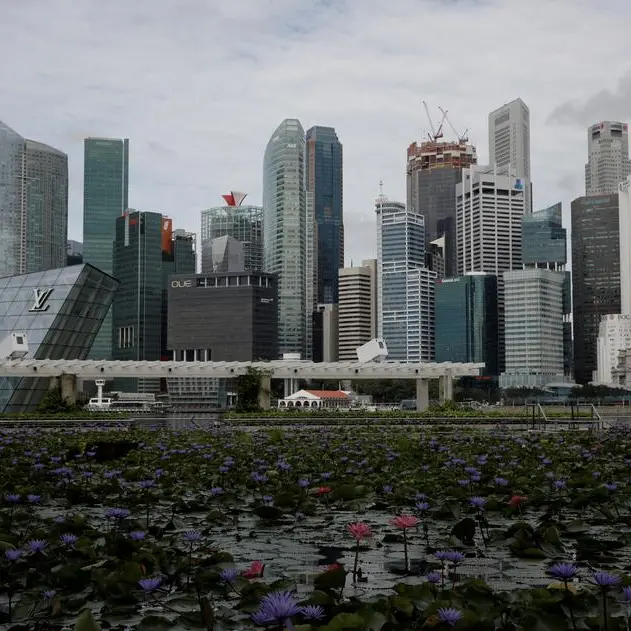PHOTO
(The opinions expressed here are those of the author, a columnist for Reuters.)
LONDON- As Britain teetered on the edge of Nazi invasion in 1940, Prime Minister Winston Churchill reportedly waylaid legendary American war reporter Edward Murrow in a corridor in Downing Street and ushered him into an anteroom with the words: “Do you have time for several whiskeys?”
In setting hours aside for the radio reporter, Churchill did not believe he was wasting anybody’s time. Murrow’s broadcasts from a blacked-out London during the nightly bombing were seen as vital to influencing American public opinion and bringing the United States into the war. So was the special communications link Churchill had installed in Downing Street when he took power, allowing him to talk directly to U.S. President Franklin Roosevelt to lobby for U.S. ships, fuel, arms and planes.
As the Russian invasion of Ukraine enters its fourth week, Ukrainian President Volodymyr Zelenskiy’s government and country are in a battle for survival that may be at least as existential as Britain faced during World War Two.
Like Churchill, Zelenskiy faces three competing priorities: holding ground militarily, maintaining national resilience and resistance and ensuring the maximum possible support from the outside world.
It is a fight Ukraine has managed better than Russian President Vladimir Putin or many others thought possible given the scale of attack. Both sides are taking once unthinkable losses – among Russian troops struggling to advance, and Ukrainian civilians under mounting bombardment.
In a Wednesday interview with NBC following his virtual speech to Congress, Zelenskiy echoed Churchill to paint Ukraine’s fight as the potential start of a new world war “with the whole civilisation at stake”.
It was Ukraine’s latest salvo in an information war that has ranged from the president’s increasingly iconic appearances in his green military T-shirts to encouraging Ukrainians to text-message ordinary Russians pictures of dead Russian soldiers and videos of prisoners.
Putin, meanwhile, has targeted Ukrainian TV broadcasts and increasingly blocked ordinary Russians from outside news, while his mounting brutality within Ukraine – as previously in Chechnya and Syria – is designed to demoralise and communicate the pointlessness of defiance.
HIGH-STAKES DECISIONS
At this stage, each side knows that it could lose – but with likely catastrophic costs also for the other side. Zelenskiy knows he may not survive politically, while Putin must also realise real or anticipated defeat might yet spell the political end for him. At this stage, communicating the rightness of the fight may be less important than showing the will and ability to win.
Negotiations inch forward amid Russia’s sluggish advance. Ukraine now accepts it will not be allowed into NATO, and Putin expresses openness to the idea of the country becoming “neutral” as with Cold War Austria or Sweden.
More may be needed – perhaps Ukraine acknowledging, at least tacitly, that it is unlikely to recover Crimea or the Russian-backed separatist regions of Donetsk and Luhansk. Even more pointed, however, will be the fate of locations currently besieged or overrun by Russia, notably the cities of Mariupol, Kherson, Kharkiv and the outskirts of Kyiv.
Putin and Ukraine likely differ on what a “neutral” Ukraine looks like. The Kremlin has increasingly painted Ukrainians as “fascists” who must be “demilitarised” – while Kyiv is likely to want to be armed to the teeth in case Russia comes again.
Britain and the United States want to avoid a no-fly zone, refusing to send NATO jets to knock Russian aircraft from the skies or any other decisive intervention that could spark a much broader conflict. Ukraine hopes mounting outrage will change that, while such calls also serve the wider purpose of ensuring that much more sophisticated Western arms keep coming.
PUTIN’S DEADLY CALCULUS
For Russia, those new weapons – Turkish drones, U.S. Stinger anti-aircraft missiles and U.S. and British-made easy-to-use Javelin and NLAW anti-tank rockets – have been devastating, coupled with Moscow’s own military missteps. Russian supply lines have become overstretched, its tanks destroyed by the dozen, if not hundred.
That might be an argument to stop – particularly amid a collapsing currency and stock market, exodus of foreign firms and failure to pay Russia’s debt, possibly sparking its first default since 1998.
The Russian economic crisis, however, may not reverse if Putin ceases now – and there will be calls for Moscow to be held to account for years to come. More seriously, however, he may feel that stopping now looks too much like losing, with all the damage to his personal prestige and prospects for survival.
Continuing the invasion may require forces Russia does not yet have, perhaps mass conscription and purchases of new arms and tanks. It would isolate Russia for perhaps decades, leaving it dependent on a China that is also the largest investor in Ukraine and appears to wish this war had never happened on the scale it has.
Other states, however, will keep arms coming to Ukraine. Even without a no-fly zone, pressure will grow for the currently blocked delivery of foreign Russian-made jets from Eastern Europe. Already, Russia is implying it might strike shipments outside Ukraine’s borders, and has ramped up rhetoric on the use of nuclear weapons.
That is what worries Western officials most – that if a deal cannot be done, and soon, or unless Putin is sidelined or pressured by those around him, all sides will just keep doubling down.
Churchill avoided negotiating with Germany because he believed any deal would just be temporary, and that the best solution was to fight on until the United States and others entered the war in earnest. But both Putin and others now have nuclear weapons. If this war keeps on escalating, then the world has not been here before.
*** Peter Apps is a writer on international affairs, globalisation, conflict and other issues. He is the founder and executive director of the Project for Study of the 21st Century; PS21, a non-national, non-partisan, non-ideological think tank. Paralysed by a war-zone car crash in 2006, he also blogs about his disability and other topics. He was previously a reporter for Reuters and continues to be paid by Thomson Reuters. Since 2016, he has been a member of the British Army Reserve and the UK Labour Party.
(Editing by Nick Macfie)
